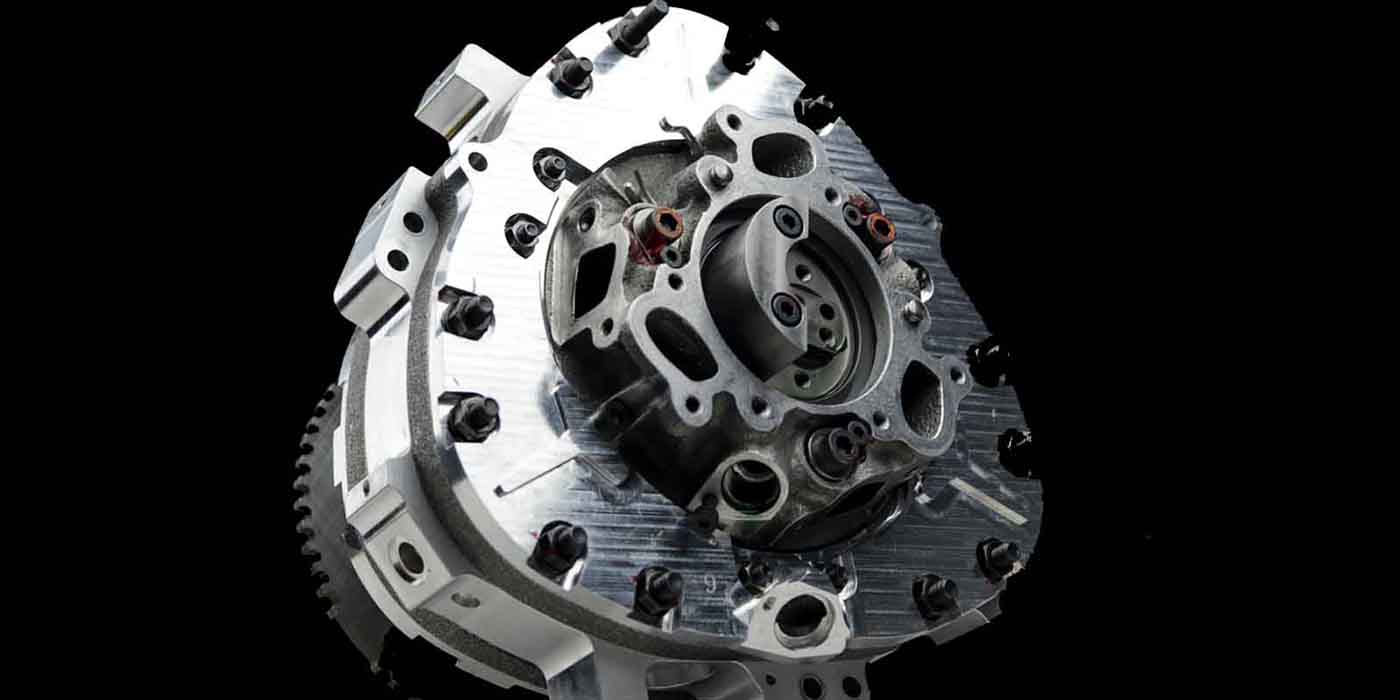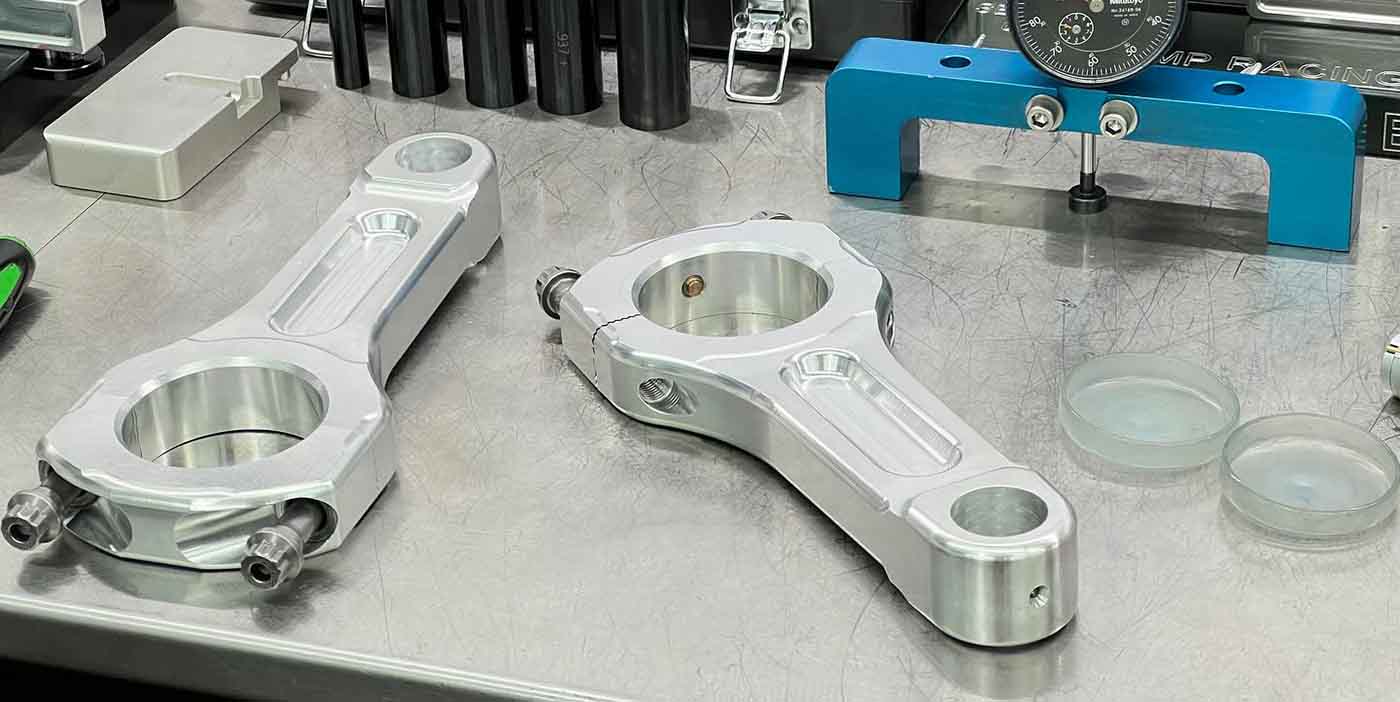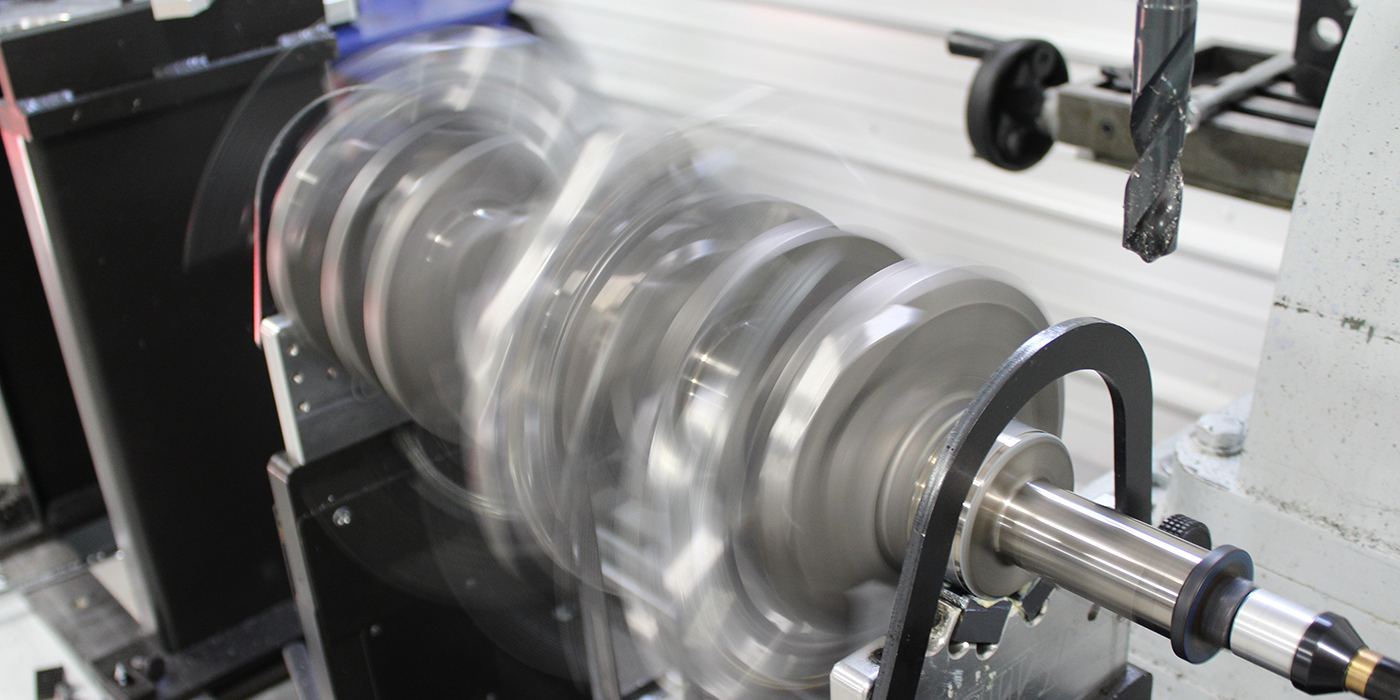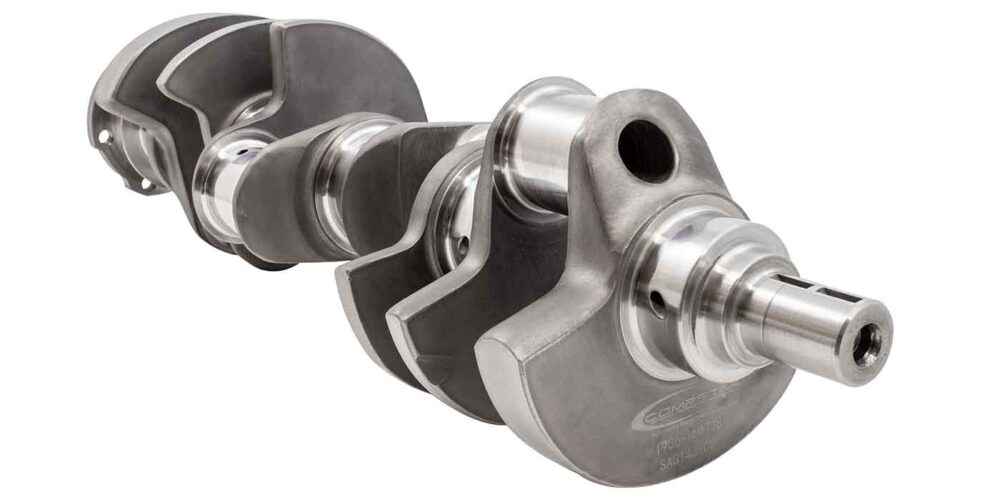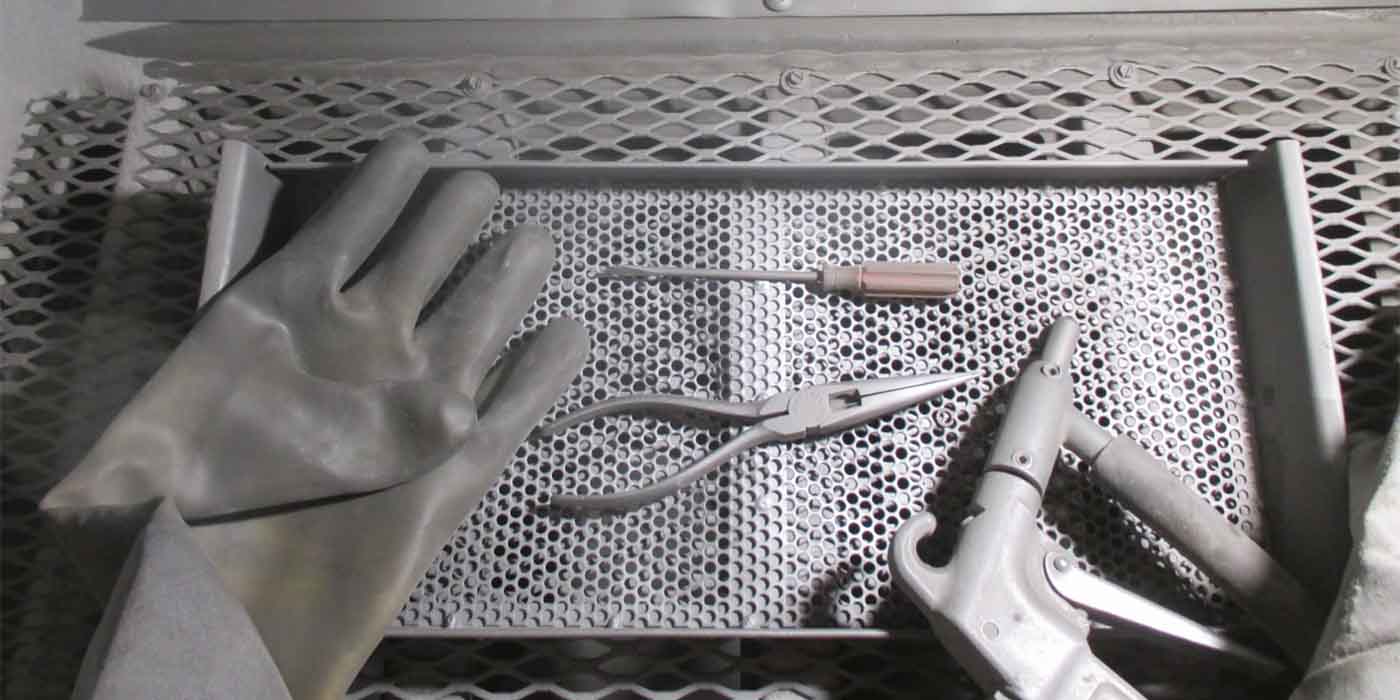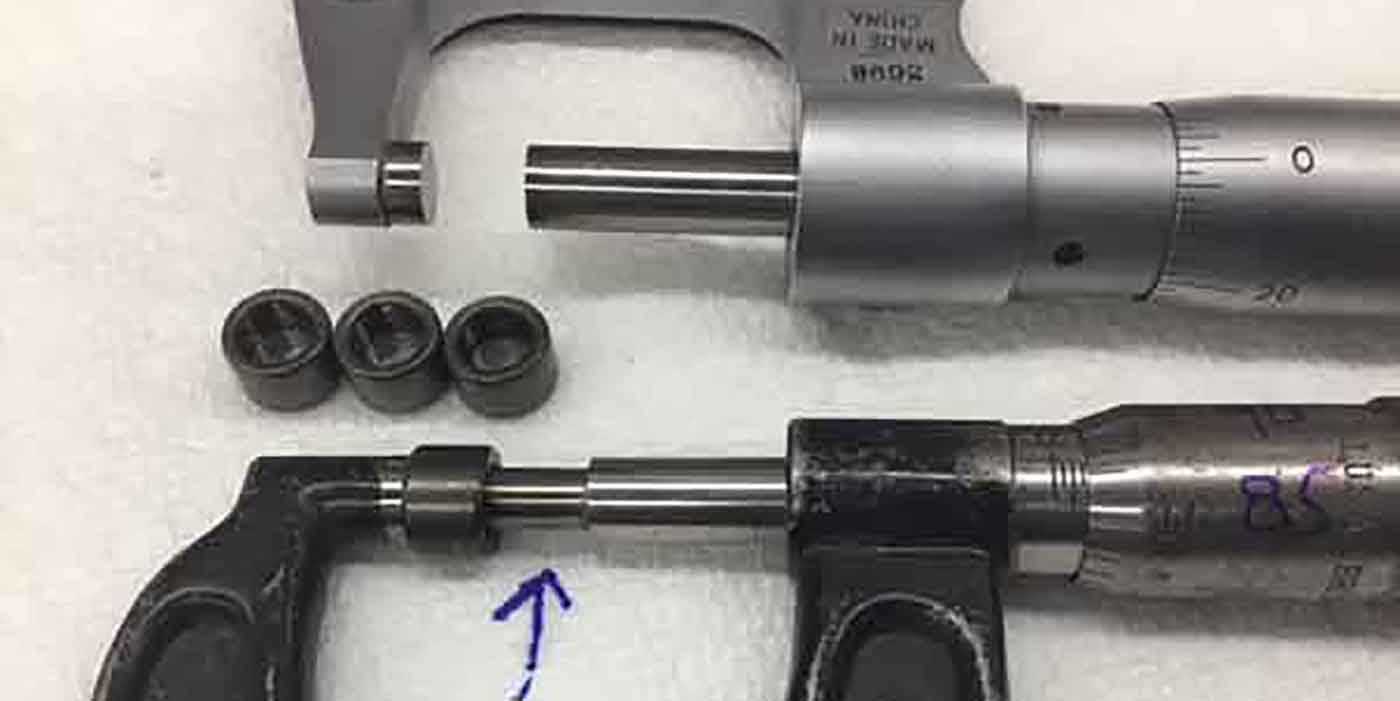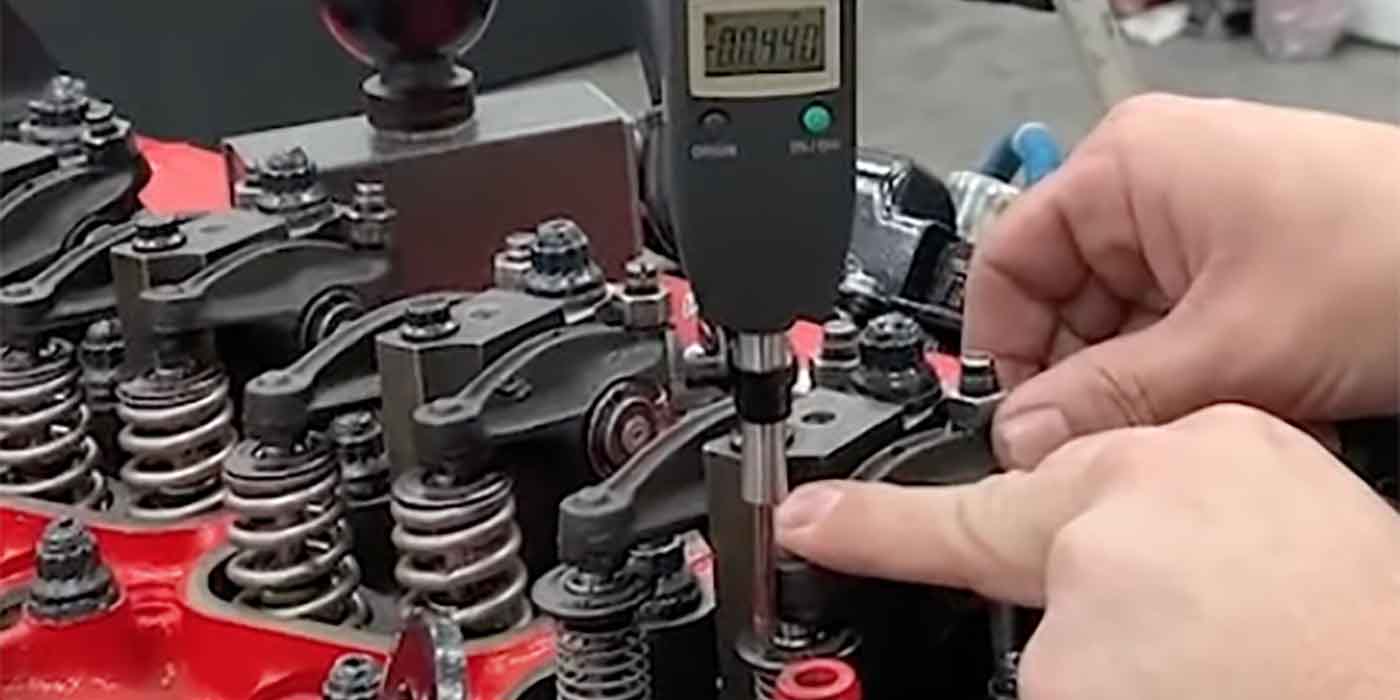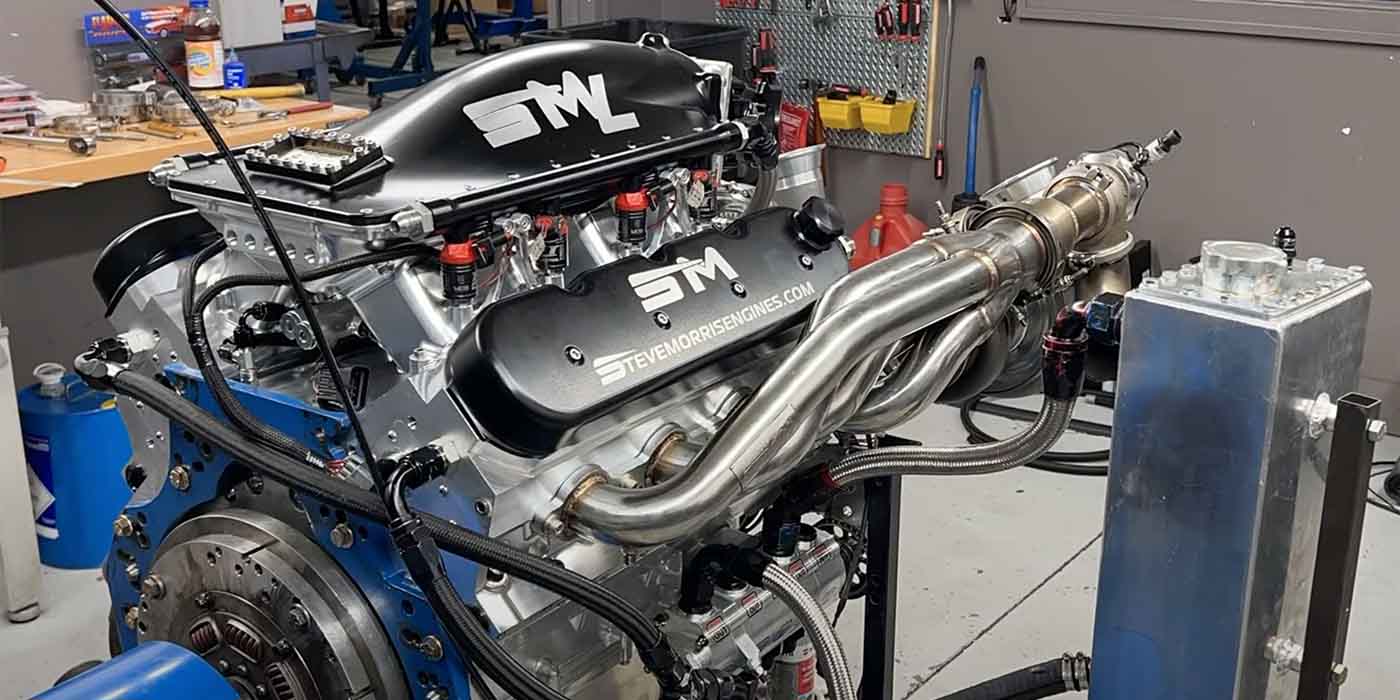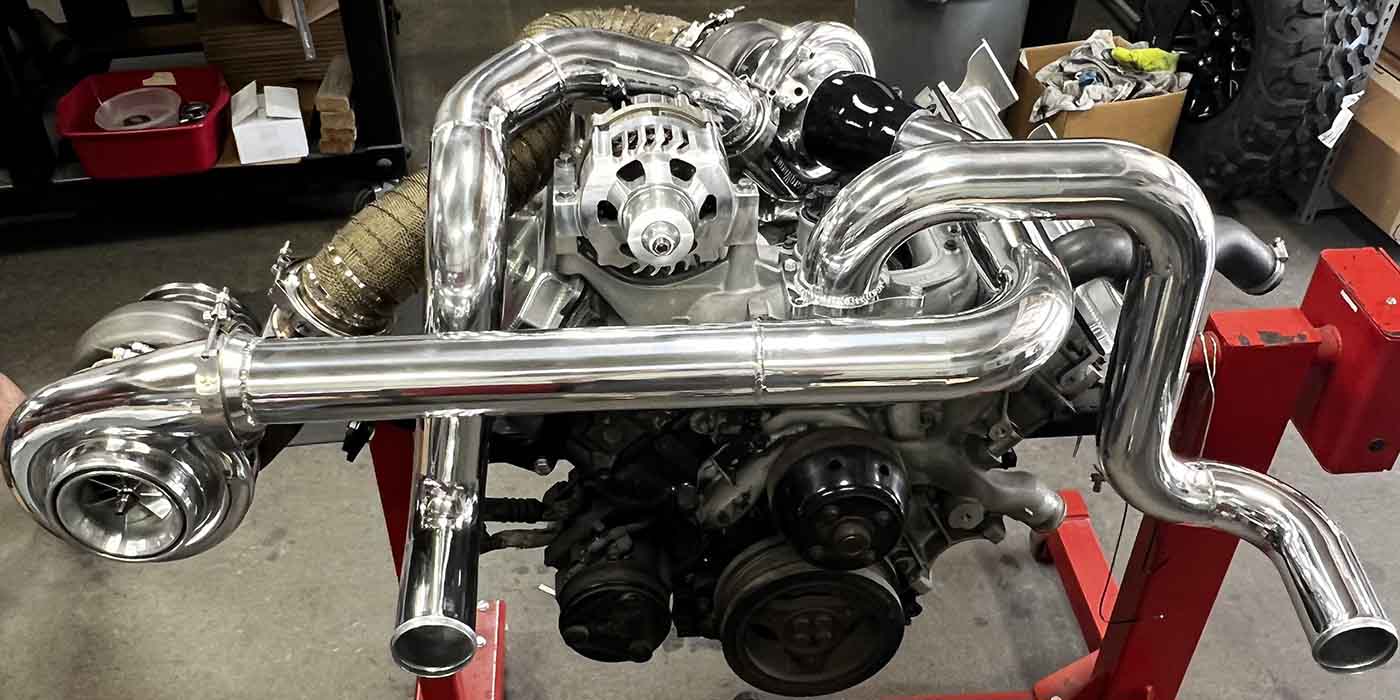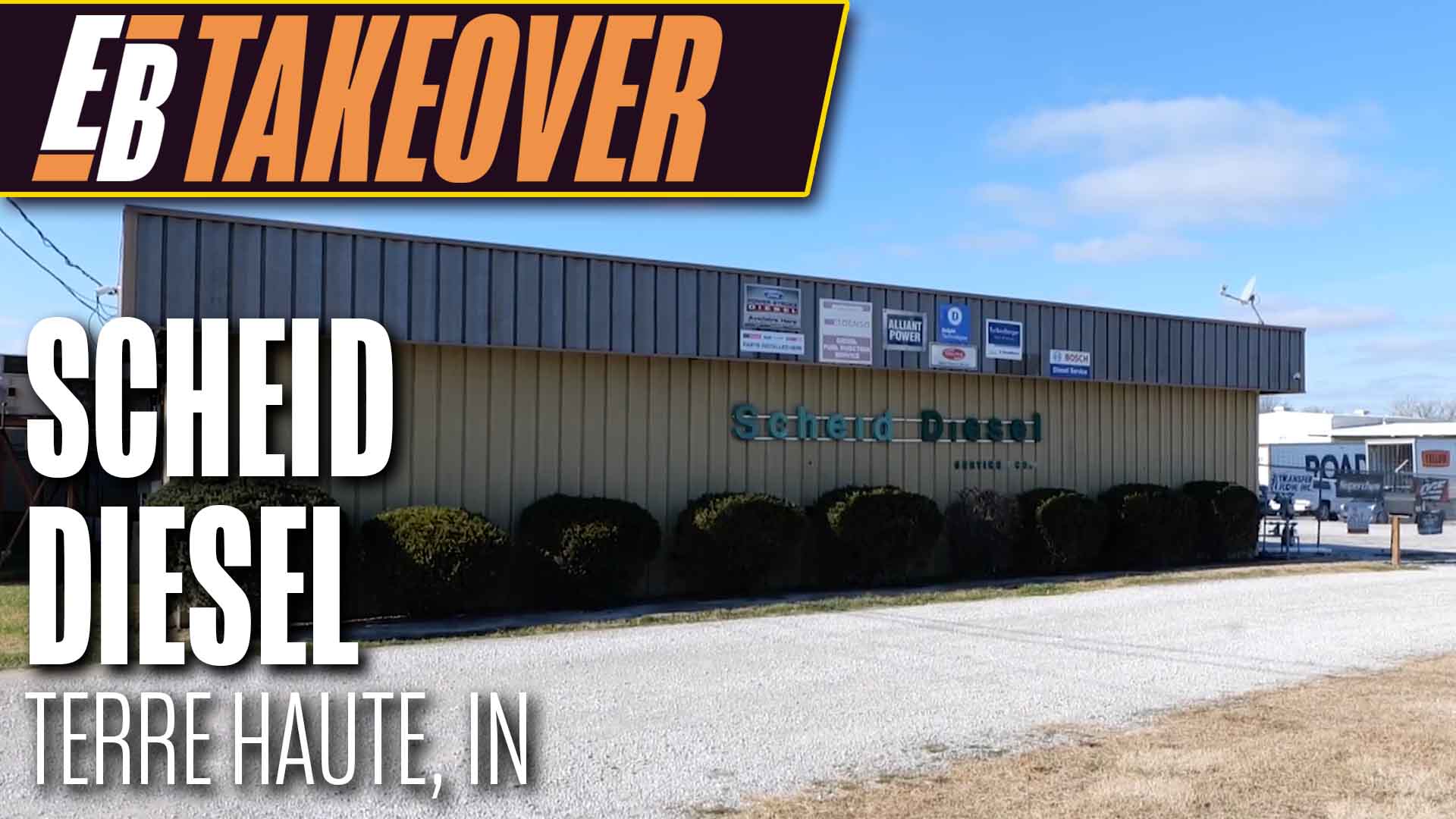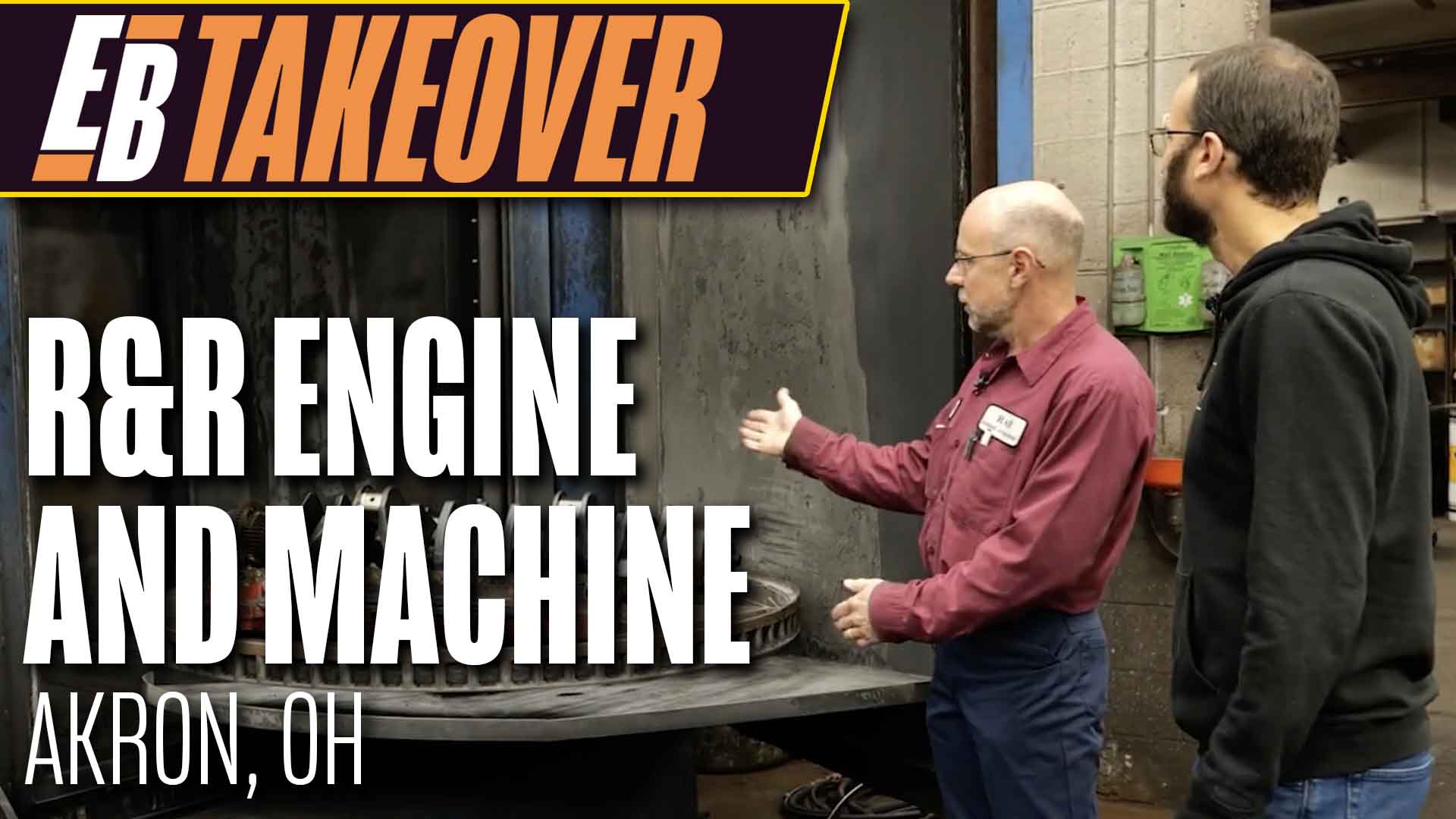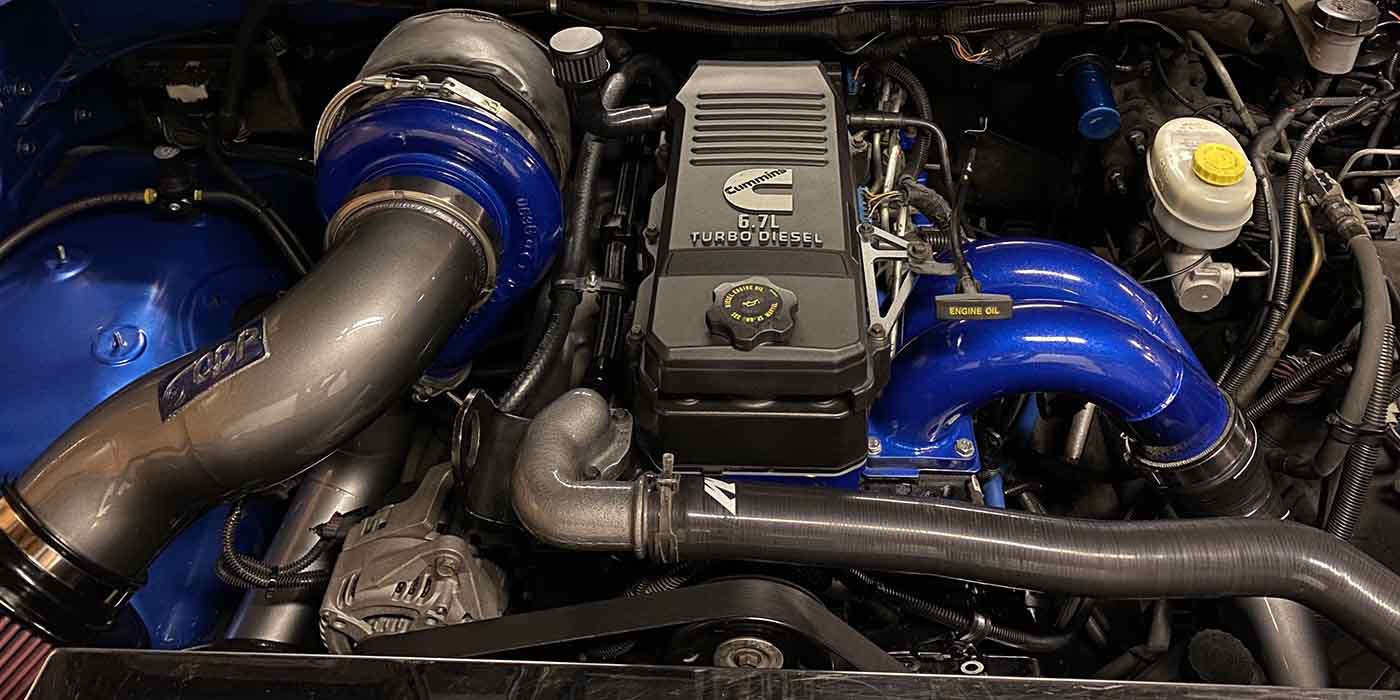Carbon deposit buildup on diesel engine components such as piston heads, fuel injectors and intake valves is a bigger problem than it is for gasoline engines. There is a federal requirement that certain detergents be added to gasoline at the refinery itself, but there is no such mandate for adding detergents to diesel fuel. For this and many other reasons, diesel engines are more susceptible to carbon deposit buildup.
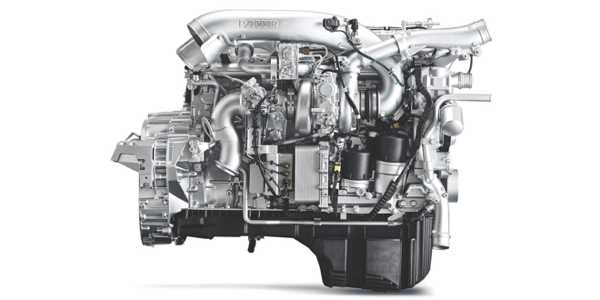
Most of the blame, however, has been assigned to the fact that the fuel spray from a diesel injector goes directly into the cylinder bypassing, for example, the back of the intake valve where deposits are likely to form. The increasing use of high pressure common rail fuel systems have also increased engine deposits. Other reasons for diesel engine carbon deposits are the use of low-quality fuel, short cold weather trips, excessive idling, infrequent oil changes and even dirty air filters.
“In addition to adopting good driving practices, the best thing you can do to keep a diesel vehicle in optimal driving condition is to keep the engine clean of carbon deposits,” says Christopher Miller, vice president, E-ZOIL. The company manufactures fuel additives and cleaning solutions for fleet owners and consumers to protect their diesel vehicles and equipment.
Once carbon buildup begins to accumulate on various surfaces inside the engine and is left untreated, the vehicle loses power, becomes sluggish and causes a significant increase in emissions and reduction in fuel economy. No doubt all of this erodes the mileage and performance gains expected of a diesel engine and if we are talking about a fleet of 1,000 vehicles or more, it ultimately hurts the owner’s profit margin.
Miller recommends that diesel vehicle owners use a fuel treatment especially formulated for high pressure common rail fuel systems. For example, E-ZOIL’s diesel fuel system cleaner, Carbon Crusher, incorporates state of the art detergents that can clean the entire fuel system. These detergents help fight both traditional coke deposits and internal diesel injector deposits (IDID) and dissolve asphaltenes, which clog fuel filters. Carbon Crusher also includes a heavy-duty lubricant and cetane, which enables diesel fuel to ignite faster and help the engine run more smoothly and efficiently.
“Using a quality diesel fuel system cleaner to keep the engine clean will ensure that the vehicle will continue to give you the power and performance for which it was built in the first place,” said Miller.
For more information: www.ezoil.com.

